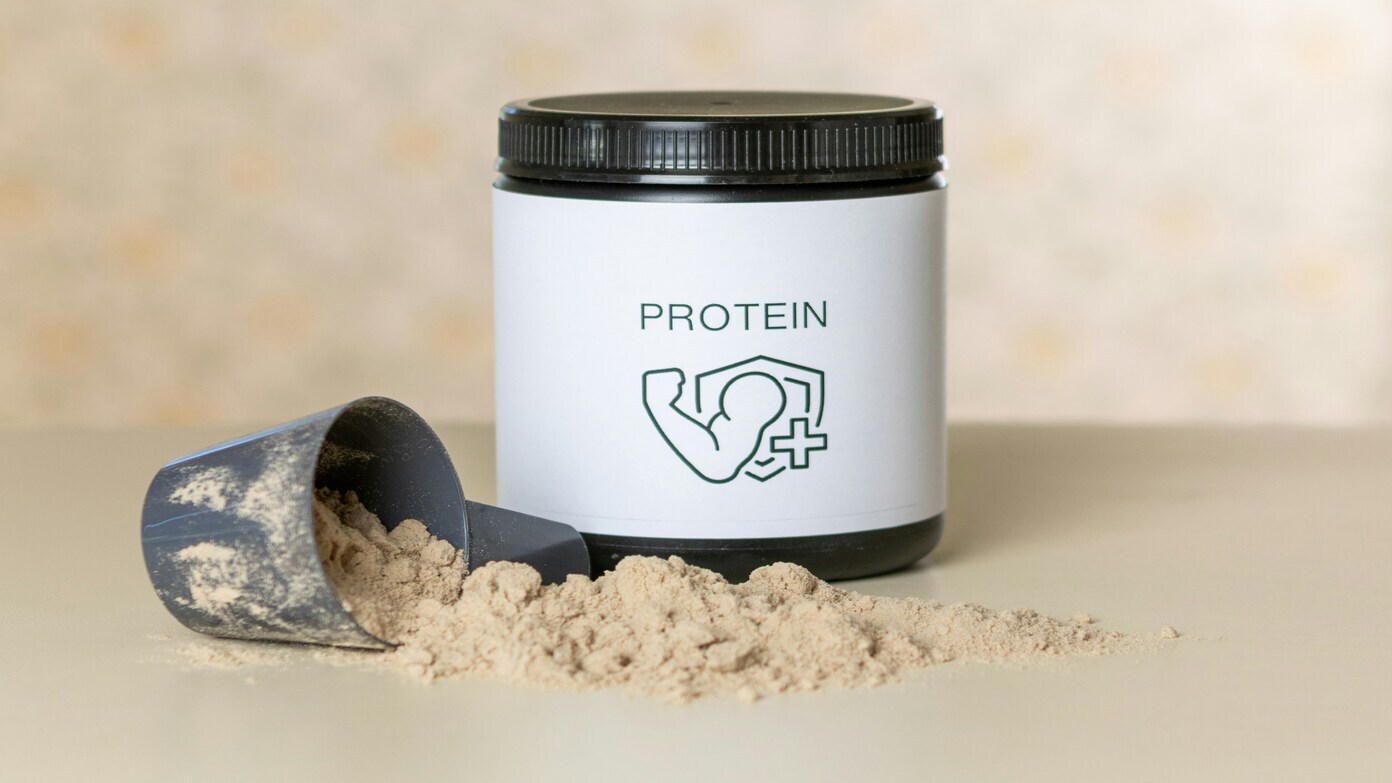A thriving business with hidden risks
Protein drinks and powders are a staple in the American diet, with more and more people adding them to smoothies, post-workout routines, and even meals. Over the past 15 years, what was once a niche bodybuilding supplement has become a multibillion-dollar industry. Protein-fortified foods promoting energy, muscle building, and better health adorn supermarket shelves and social media feeds.
But a new investigation by Consumer Reports (CR) finds that this successful business has a not-so-hidden secret: numerous protein supplements have high levels of toxic heavy metals like lead, which can be detrimental to human health. Renamed and booming, the problem has actually worsened since CR first tested protein supplements 15 years ago.
Consumer Reports tested 23 best-selling protein powders and ready-to-drink shakes and found that more than two-thirds of them contained greater levels of lead per serving than CR’s food safety team recommends is safe to consume in a single day—some as much as 10 times higher than safe.
“It is disappointing that these results are even poorer than when we last tested,” said Tunde Akinleye, a CR food safety scientist and lead author on the study. The report found that lead contamination is more common and severe in some products than before.
The worst offender, Naked Nutrition’s Vegan Mass Gainer, had nearly twice the lead content of 2010’s most tainted product. Akinleye added that fewer products passed undetectable levels of lead this year, which suggests that contamination is increasingly hard to avoid.
Read this later: Sam’s Club launches annual membership for only $15 – Here are the benefits of signing up, available until October 30.
Plant-based powders record the highest levels
While most plant-based protein powders are ordinarily classified as clean and natural, CR’s report tells a different story. Nearly all of the plant-based foods analysed contained high concentrations of lead, and several were so elevated that health experts advised consumers not to eat them at all.
Two of the products contained 1,200 to 1,600 per cent of CR’s level of concern for lead exposure, which is a paltry 0.5 micrograms per day. Two others contained 400 to 600 per cent of that rate. CR experts recommend working with such high-lead powders only on an occasional basis—no more than once weekly.
Plant-based powders were on average nine times more contaminated with lead than dairy protein powders such as whey and twice as much as beef powders. Though dairy-based powders as a group performed better, approximately half of them contained enough heavy metals that CR advises against their daily use.
Read this later: Pasta salad recall map shows new warning in 24 states – These are the products recalled from Sprouts Farmers Market nationwide
Experts urge caution — and less dependence on supplements
Despite these alarming results, CR emphasised that users shouldn’t panic. Most protein powders won’t cause immediate harm, and occasional use is probably safe. However, the bigger concern is long-term exposure.
“Many people don’t actually need protein supplements,” said Akinleye. “For most, there’s more to lose than you’re gaining.”
Experts agree that the average American already consumes sufficient protein in foods. Adding protein powders as supplements exposes individuals more to toxic contaminants with little health benefit.
Dr Pieter Cohen, a professor of medicine at Harvard Medical School who studies supplements, stated that consumers view such supplements as harmless. “But that’s not true,” he said. “Supplements can have risks that aren’t always immediately apparent.”
Unlike prescription drugs, protein powders and supplements are not reviewed or tested by the FDA before they hit the shelves of stores. There is no mandate that makes manufacturers prove their products safe, and federal guidelines do not exist for heavy metals within supplements.
Read this later: Are home goods stores open on Columbus Day 2025? Check out the hours and details for IKEA, un, TJ Maxx, Marshall’s, Lowe’s, Macy’s…
This unregulated status enables contaminated products to be sold, even above suggested safety levels. Consumer Reports is now urging the FDA to impose strict heavy metal limits on protein powders for public health protection.
Until that happens, the experts recommend that the best way to cut risk is simple: get your protein from whole foods such as lean meats, eggs, beans, nuts, and dairy—and take powders as an occasional addition, not a daily necessity.
Read this later: This popular surprise box from Labubu returns tonight, October 9 – These are the prices for the “Big into Energy” items at Pop Mart

